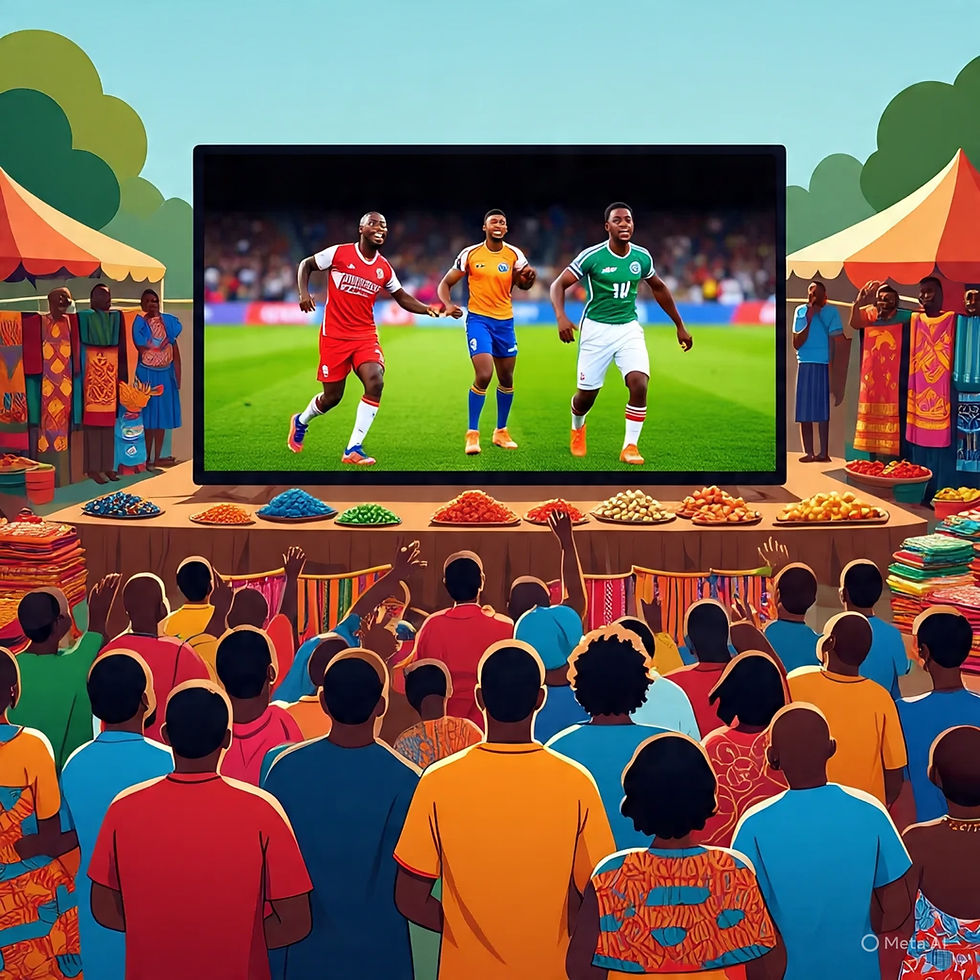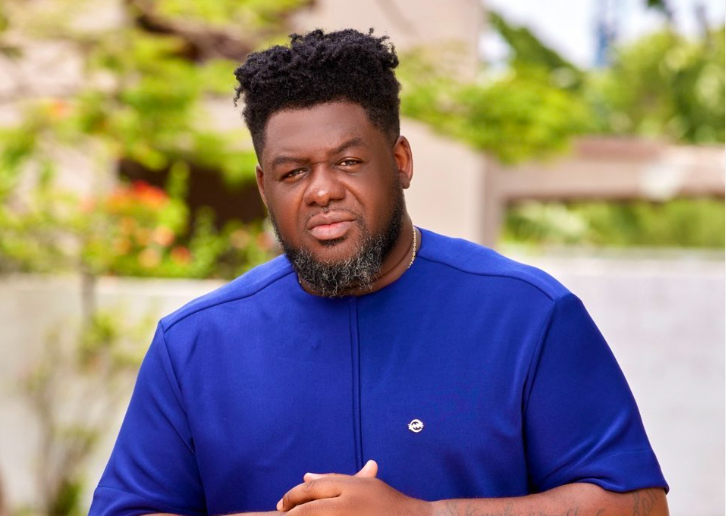Russia's Growing Influence in Africa: Opportunities, Risks, and Strategic Choices
- orpmarketing
- May 14, 2025
- 6 min read

Africa stands at a geopolitical crossroads, with global powers vying for influence over its vast resources, strategic ports, and 54 United Nations votes—nearly 28% of the General Assembly. Among these powers, Russia’s renewed interest in the continent is impossible to ignore. Under Vladimir Putin’s leadership, Moscow is aggressively expanding its footprint in Africa, leveraging military might, resource deals, and anti-Western rhetoric to forge alliances. But why is Russia’s interest growing daily? What should African nations consider when engaging with this resurgent power? And does Africa stand to gain more by aligning with Russia and China over traditional partners like Europe and the United States? Let’s dive into the gritty reality with unapologetic clarity, backed by facts, and weigh the stakes.
Why Russia’s Interest in Africa Is Skyrocketing
Russia’s pivot to Africa is no accident—it’s a calculated strategy driven by geopolitical ambition and economic necessity. Since the 2022 invasion of Ukraine, Western sanctions have squeezed Russia’s economy, forcing Moscow to seek new markets and allies. Africa, with its resource wealth and growing population of 1.4 billion, offers a fertile ground for influence. Russia’s trade with Africa reached $18.4 billion in 2022, a fraction of China’s $199 billion or the EU’s $295 billion, but its growth is fueled by strategic moves that don’t rely on deep pockets.
First, Russia capitalizes on Africa’s security vacuums. The Sahel, dubbed the “Coup Belt,” has seen military juntas seize power in Mali, Burkina Faso, and Niger between 2020 and 2023, often with Russian backing. Moscow’s Africa Corps (formerly Wagner Group) provides arms, training, and mercenaries to these regimes, filling gaps left by retreating Western forces, like France’s exit from Mali and Senegal. Russia is now Africa’s top arms supplier, accounting for 40% of the continent’s weapons imports. This isn’t charity—it’s asymmetric warfare. By arming juntas and exploiting chaos, Russia secures loyalty and access to resources like gold in Sudan and diamonds in the Central African Republic (CAR).
Second, Russia’s “no-strings-attached” approach resonates with African leaders frustrated by Western demands for democratic reforms. Unlike the U.S., which hesitated to arm Nigeria against Boko Haram in 2014 due to human rights concerns, Russia offers weapons without moralizing. Since 2015, Moscow has signed over 20 military cooperation agreements with African states, from Ethiopia to Zimbabwe. This pragmatism makes Russia a lifeline for isolated regimes under sanctions, like Guinea and Burkina Faso.
Third, Russia leverages soft power and historical ties. During the Cold War, the Soviet Union supported African liberation movements, earning goodwill in countries like Angola and Mozambique. Today, Moscow rekindles these ties through educational exchanges—35,000 African students study in Russian universities—and promises of nuclear energy projects in Ethiopia, Rwanda, and Egypt. Russia’s narrative of “modernization without interference” contrasts sharply with Western conditionality, appealing to leaders wary of neocolonialism.
Finally, Russia seeks to disrupt Western dominance. By backing coups and disinformation campaigns, Moscow weakens institutions like the African Union and ECOWAS, creating a fragmented landscape where it can dictate terms. Its strategic port access in Libya, Sudan, and Eritrea threatens European security by controlling migration routes and maritime chokepoints like the Bab-el-Mandeb strait. This isn’t just about Africa—it’s about challenging the U.S.-led global order.
What African Countries Must Consider When Engaging Russia
African nations must approach Russia with eyes wide open. While Moscow offers quick wins, its partnerships come with sharp edges. Here’s what leaders should scrutinize:
Human Rights Costs: Russia’s mercenaries, notably the Wagner Group, have been linked to atrocities. In CAR, Human Rights Watch documented Wagner’s summary executions and torture since 2019. Aligning with Russia risks legitimizing regimes that prioritize power over people, alienating citizens and fueling unrest. African leaders must weigh whether short-term security outweighs long-term instability.
Economic Exploitation: Russia’s focus on resource extraction—like gold in Sudan or platinum in Zimbabwe—often benefits elites, not populations. In Sudan, CNN uncovered Russian gold-smuggling flights, with minimal local gain. African nations must demand transparent contracts to ensure resource wealth isn’t siphoned off.
Sovereignty Risks: Russia’s security deals often entrench dependency. In Mali, Russian-backed juntas have sidelined regional alliances, weakening collective African agency. Leaders must negotiate terms that preserve autonomy, not cede control to Moscow’s whims.
Disinformation Dangers: Russia’s information operations sow division, promoting anti-Western narratives and undermining democracy. Since 2022, disinformation campaigns in Africa have surged fourfold, destabilizing nations like Ivory Coast. African governments need robust media literacy and fact-checking to counter Moscow’s propaganda.
Long-Term Reliability: Russia’s economy, strained by sanctions, limits its investment capacity. Its $17.7 billion trade with Africa pales against China’s $254 billion or the U.S.’s $65 billion. Leaders must question whether Russia can deliver on promises like nuclear plants in Egypt, already delayed by financial constraints.
Russia and China vs. Europe and America: Who Benefits Africa More?
The million-dollar question: does Africa gain more from Russia and China than Europe and the U.S.? The answer isn’t black-and-white, but let’s break it down with brutal honesty.
Russia and China: The Pros
Non-Interference: China’s policy of respecting national sovereignty and Russia’s indifference to governance models appeal to leaders facing Western sanctions or criticism. This flexibility allows countries like Eritrea or CAR to access aid and arms without strings.
Infrastructure and Security: China’s Belt and Road Initiative has built 46 African ports and projects like Kenya’s Mombasa-Nairobi railway, boosting trade. Russia provides military support, stabilizing regimes in Mali and CAR against insurgencies. In 2022, China’s trade with Africa hit $281.6 billion, dwarfing others.
Geopolitical Leverage: Aligning with Russia and China gives African nations bargaining power against the West. The 17 African abstentions in the 2022 UN vote condemning Russia’s Ukraine invasion signal this shift. Africa can play powers off each other, as it did during the Cold War.
Russia and China: The Cons
Debt Traps and Exploitation: China’s loans, like Zambia’s $6.3 billion debt, risk long-term financial dependency. Russia’s resource deals often prioritize Moscow’s interests, with little trickle-down to locals.
Instability Risks: Russia’s support for coups and mercenaries fuels conflict. In Mali, Wagner’s presence has escalated violence, not curbed it. China’s focus on economic gains ignores governance, enabling corrupt regimes.
Limited Economic Scale: Russia’s modest investment—less than 1% of Africa’s FDI—limits its economic impact. Even China’s massive projects often prioritize Chinese firms, with reports of abusive labor practices in southern Africa.
Europe and America: The Pros
Economic Depth: The EU’s $295 billion trade and $150 billion investment plan for Africa far outstrip Russia’s contributions. The U.S.’s African Growth and Opportunity Act (AGOA) boosts exports, with $43.1 billion in goods sent to the U.S. in 2022.
Democratic Stability: Western partnerships emphasize rule of law and governance, fostering long-term stability. The U.S. invests $10 billion annually in African development, supporting education and health.
Diverse Investment: Europe and the U.S. offer sustainable investments in technology, education, and green energy, aligning with Africa’s youth-driven future. Germany’s Sahel strategy and Spain’s EU advocacy signal a shift toward equal partnerships.
Europe and America: The Cons
Historical Baggage: Colonial legacies and perceived hypocrisy—condemning coups while tolerating autocrats—fuel African resentment.
Conditional Aid: Western insistence on human rights and democracy can alienate leaders, as seen in Nigeria’s 2014 arms deal pivot to Russia.
Waning Presence: The U.S. withdrawal from Niger and France’s Sahel retreat have left gaps Russia exploits. Western focus on migration control over African priorities strains relations.
The Verdict
Africa benefits most from diversified partnerships, not picking sides. Russia and China offer immediate security and economic relief, but their models risk dependency, exploitation, and instability. Europe and the U.S. provide deeper economic ties and governance support, but their conditional aid and historical baggage undermine trust. Data shows the West’s trade and investment dwarf Russia’s, yet Moscow’s opportunistic security deals fill critical gaps.
African nations must play the long game, leveraging Russia and China’s flexibility to extract concessions from the West. By diversifying partners, Africa can secure infrastructure from China, arms from Russia, and sustainable investments from Europe and the U.S. The continent’s agency lies in exploiting this competition, not becoming pawns in a new Cold War.
A Call to Action
Africa’s leaders must be ruthless in prioritizing their people over geopolitical games. Demand transparency from Russia—every gold mine contract, every arms deal. Hold China accountable for fair labor and debt terms. Push the West to move beyond lectures and deliver tangible, equitable partnerships. Africa’s 1.4 billion people, its rare minerals, and its UN voting power make it a global heavyweight. Wield that power wisely, or risk being played by powers who see the continent as a chessboard. The future is Africa’s to shape—seize it with unrelenting focus and fearless strategy.




Comments